

How Krishna’s teachings reflect both unity and diversity – In the Bhagavad-gita, Krishna deems as childish those who consider sankhya and yoga to be different (05.04). Here, sankhya refers to metaphysical analysis that entails inaction and renunciation. And yoga refers to karma-yoga, the way of unselfish action. Externally, these two paths are not just different but opposite. How can seeing the difference between them be childish?
The answer is given in the second half of that verse itself as well as in the next verse (05.05): they both lead to the same ultimate destination (of liberation). Whereas sankhya seeks to realize our spiritual essence by giving up all action in the outer world, karma-yoga seeks to do the same by acting in the outer world with a mood of detachment.
Significantly, though Krishna stresses the unity of purpose of both these paths, he still recommends the path of karma-yoga for Arjuna (05.07). Why? Because of its contextual appropriateness. First, Arjuna’s personal context: he is at a level of consciousness where he can best grow spiritually by doing his duty unselfishly. Second, his social context: he is in an emergency situation where society needs him to do his kshatriya duty of fighting to neutralize unethical, anti-spiritual rulers. How Krishna’s teachings reflect both unity and diversity
What if Arjuna feels that he is sufficiently spiritually evolved to give up action? Still, he needs to consider the social emergency and do his duty. And his spiritually evolved state will empower him to discharge his duty dispassionately, thereby not only avoiding entanglement but also continuing his spiritual progress.
One-sentence summary:
While analyzing the paths of action and inaction, Krishna stresses their unity when focusing on their common purpose and stresses their diversity when focusing on their contextual appropriateness.
Think it over:
- Why does Krishna deem childish those who consider the paths of action and inaction different?
- If both these paths lead to the same destination, why does Krishna recommend the path of action to Arjuna?
- Even if Arjuna is spiritually evolved enough to renounce action, why does Krishna still recommend that he act?
***
05.04: Only the ignorant speak of devotional service [karma-yoga] as being different from the analytical study of the material world [Sankhya]. Those who are actually learned say that he who applies himself well to one of these paths achieves the results of both.
To know more about this verse, please click on the image








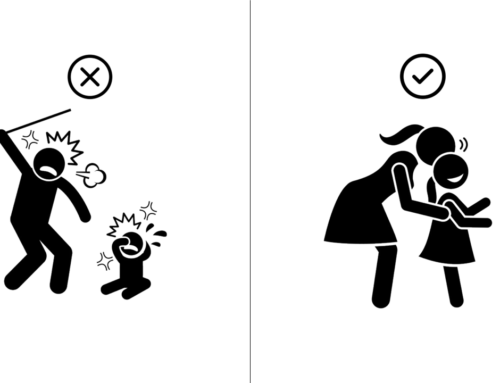
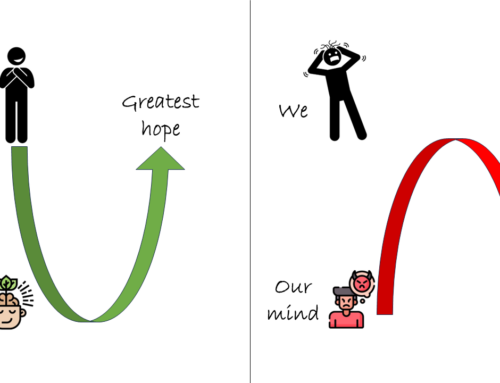

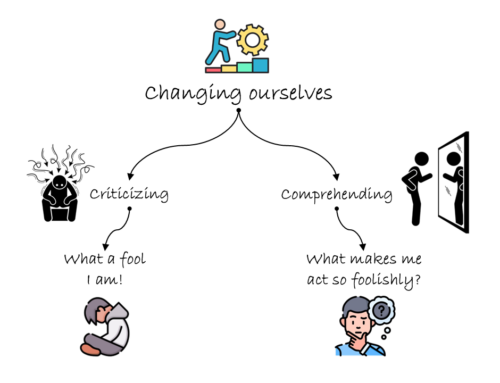
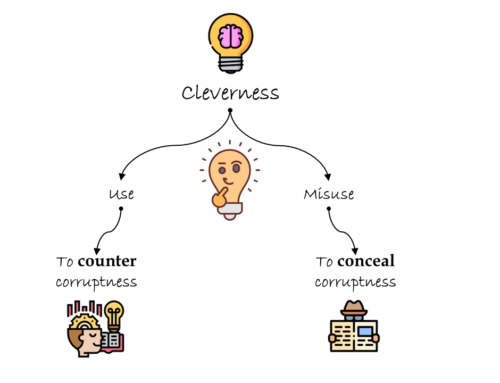

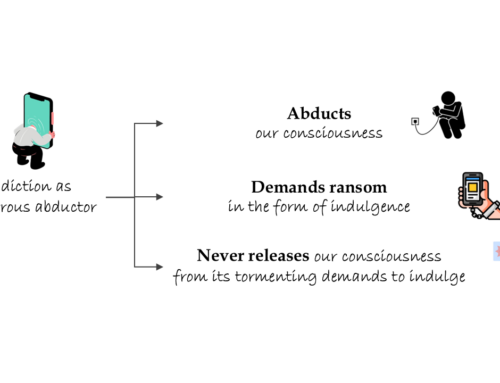
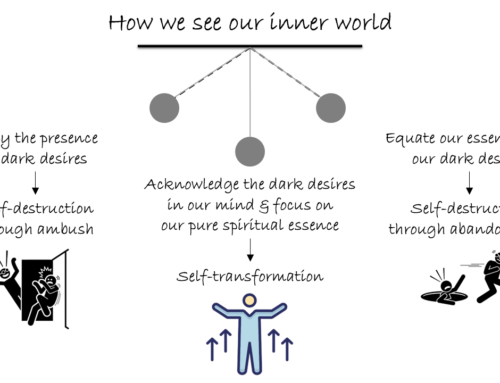
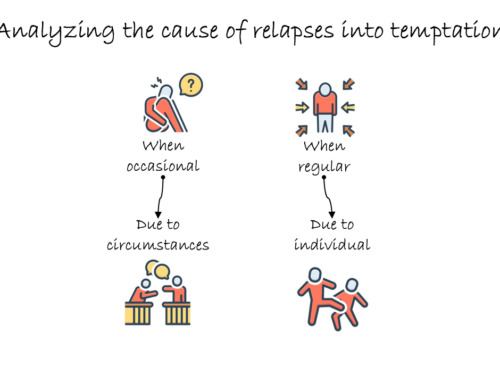

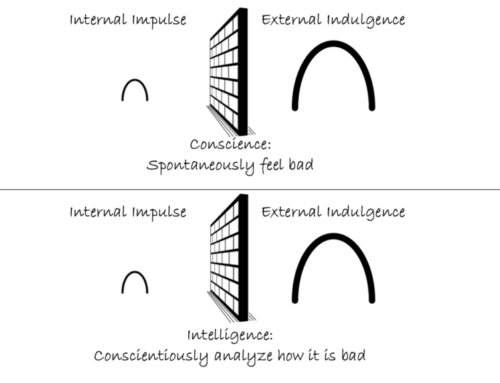
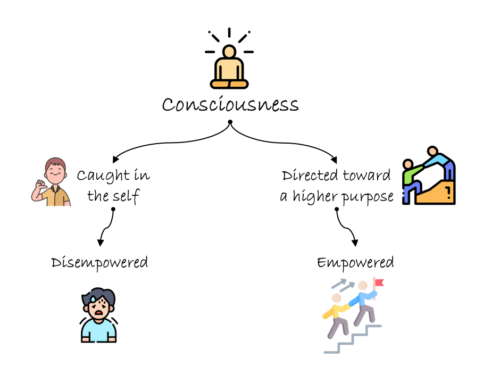
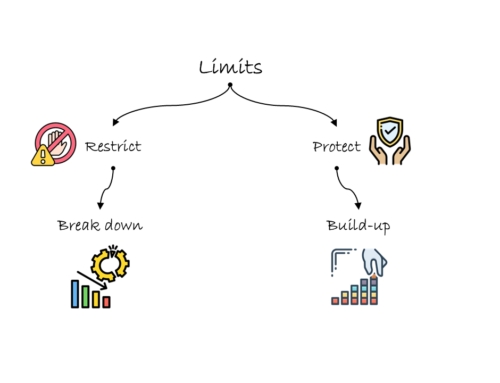
Leave A Comment